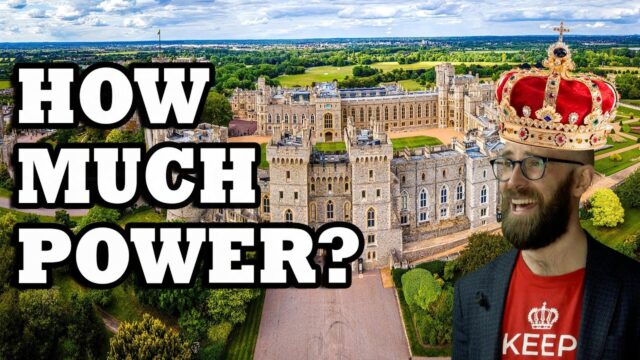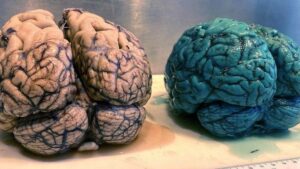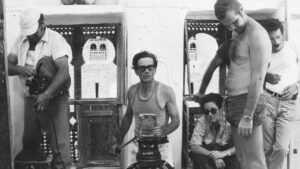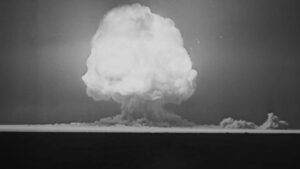“Unraveling the Myths: The Surprising Reality of Medieval Monarchical Power Revealed!”
According to Prof Carl, however, Temujin did not consider himself to be anointed by God, let alone his ‘viceregent’ on Earth – unlike European or Muslim monarchs.
If Temujin was to be subjected to a higher authority, that would be his own Great Law, a legal body drawn from the customs and traditions of nomadic tribes, as well as the pre-existing laws of conquered nations.
The Great Law contained legislation which errs a tad on the draconian side, such as imposing the death penalty on cattle rustlers. But it also had some rather progressive concepts for its time. The most important of which was that nobody, not even the Khagan or his Golden Kin, were exempt from the Great Law.
This all brings us to a slightly different kind of monarch of a sort who on the surface had very little way of enforcing his will, but arguably was one of the most powerful individuals in the world during his reign. This individual directly controlled only a small territory in central Italy, had a very small military and lacked what we would call today ‘power projection’, at least in traditional terms. Moreover, he was an elected monarch, with no possibility to sire official heirs.
We are referring to the Pope of the Catholic Church.
In the period we have taken into consideration, this position was filled by two formidable individuals, Innocent III and Honorius III. Despite the limitations of their temporal power, these rulers were recognised by Catholic monarchs and barons as successors of Saint Peter, and heads of the Church.











